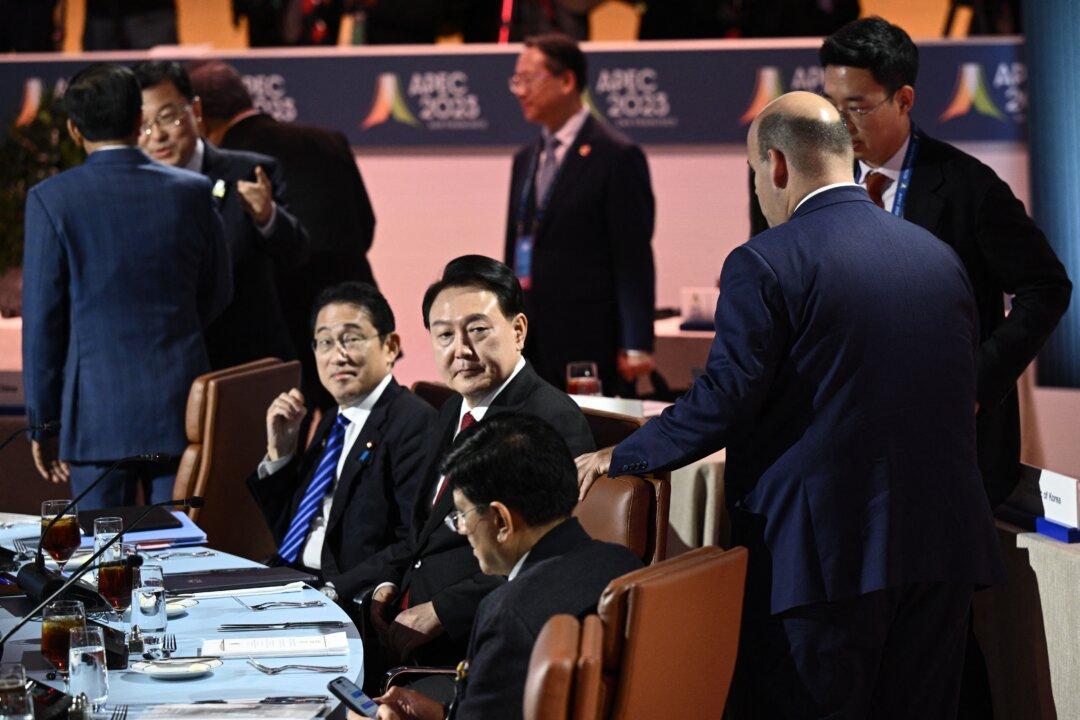At last week’s Asia Pacific Economic Cooperation (APEC) summit in San Francisco, Japan and South Korea’s leaders convened for their seventh meeting this year, underscoring a strengthened partnership. Their discussions focused on enhancing bilateral relations and collaborating in the face of regional and global shifts, with a particular emphasis on developing joint industrial strategies.
Additionally, both leaders attended a seminar on advanced technology at Stanford University, aligning with the United States to foster global technological advancements.





